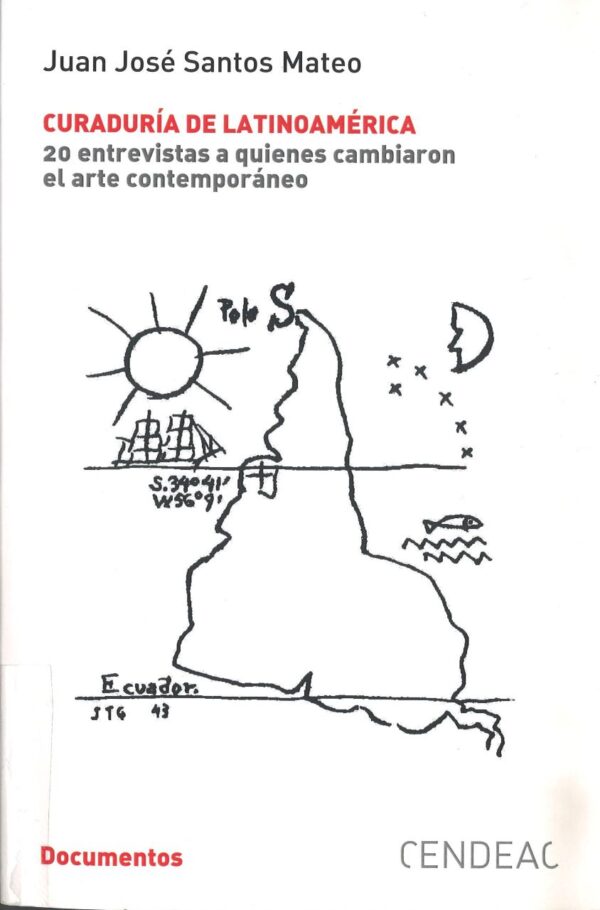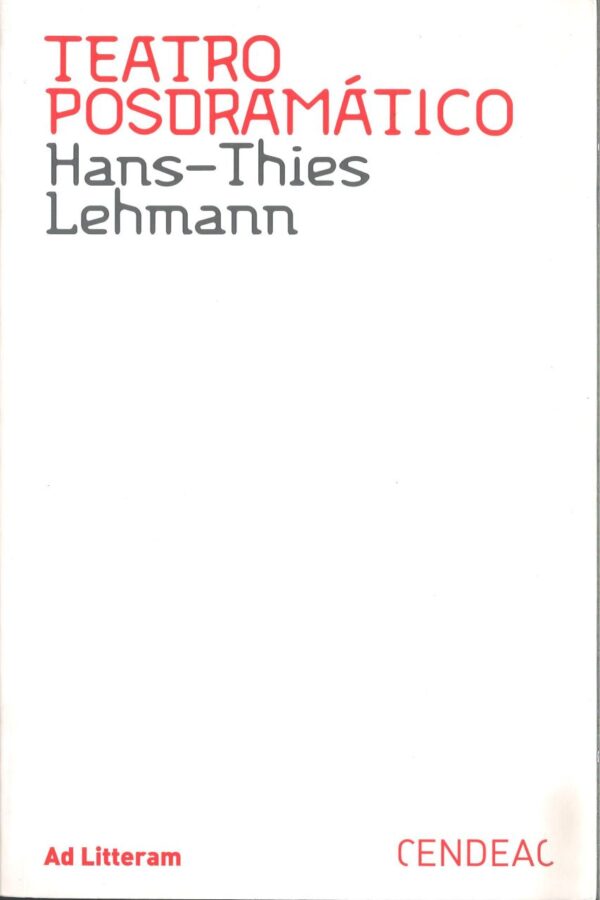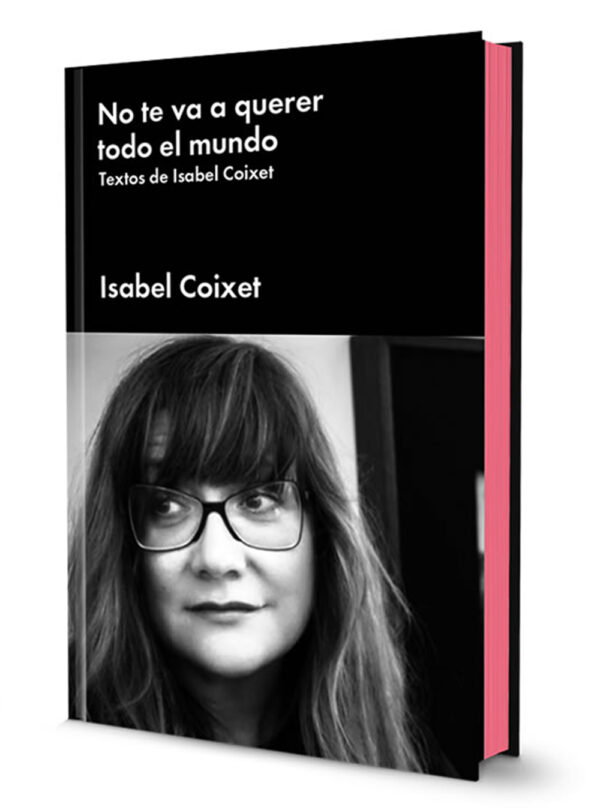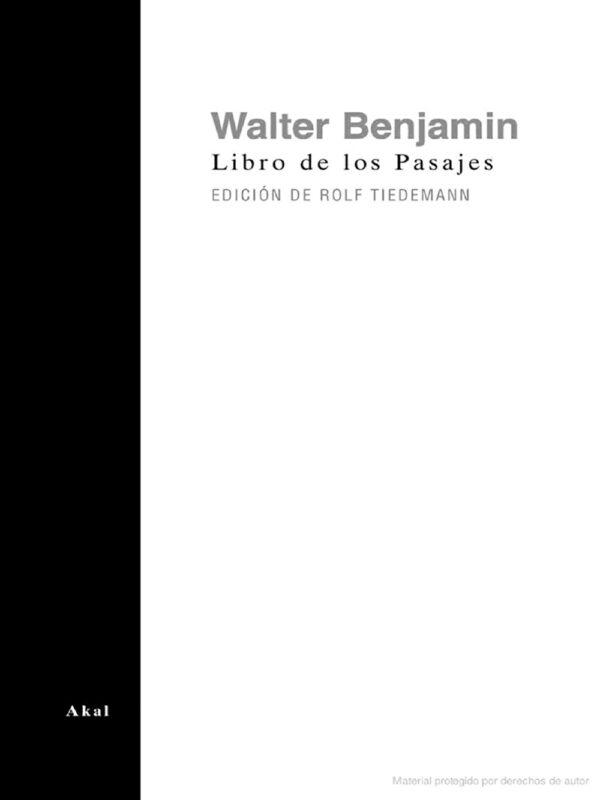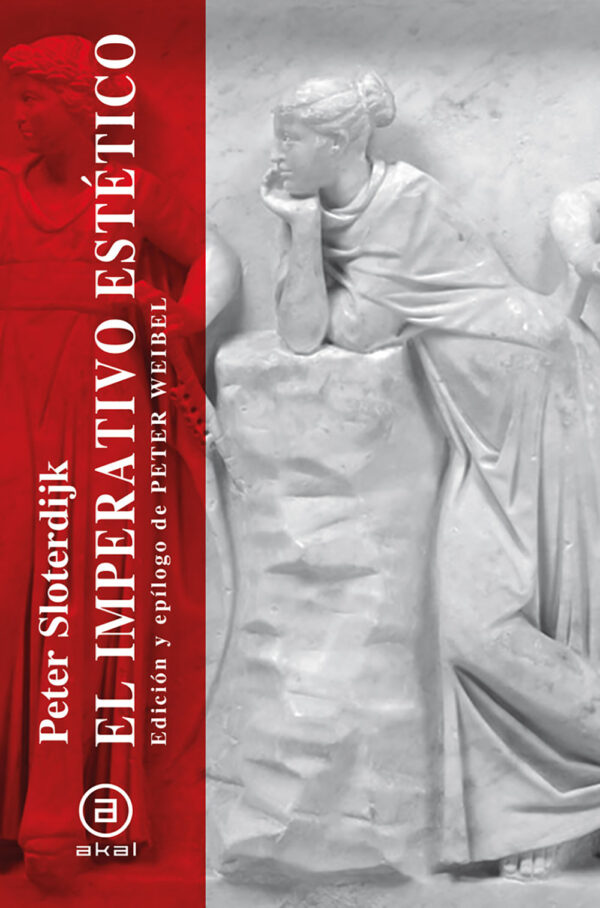Escribir en el agua
Title: Escribir en el agua – Cartas (1930-1992)
Author: John Cage
Publisher: Caja Negra
Nº pages: 472
Edition: 2021
Translation: Gerardo Jorge
ISBN: 978-987-4822-61-1
25.00€
Estamos trabajando en nuestra web, de momento no es posible comprar libros través de nuestra tienda online. Para cualquier consulta escríbenos a info@artslibris.cat
Availability: In stock
“We need a new language that can be experienced by all human beings immediately and that at the same time gives animals, plants, air, water and land an equivalent place in creation. Chinese ideograms used to do it. We need ideograms that do that now.”
Escribir en el agua brings together a wide selection of the letters written by John Cage from 1930 to 1992, and opens the doors to an adventure of expansion of the experienceable: to noise, to the body, to silence, to space, to the beyond. syntax, to the mixture of languages. Reading them serially, the involuntary and discontinuous autobiography of an elusive character who has a shocking understanding of his time becomes outlined. The number of key topics for our time that are foreshadowed is surprising: the problem of technology, economic and cultural globalization, sexual dissidence, the relationships between different mentalities (Eastern, European, North American), food, community, criticism of the modern subject and anthropocentrism gain a place in his everyday writing.
This book allows for, at minimum, two reading paths. In one, the letters tell a story in which Cage is the protagonist: the transformation of music into something else (“sound in space”). In this sense, the book works as a perfect twentieth century listening guide; an itinerary commented by works that his author studies and compares, and by his own projects. On the other hand, while we discover the person, his sensitivity, his economic difficulties and his vast network of affections, we attend historical and cultural debates, and exchanges with figures such as Morton Feldman, Merce Cunningham, Pierre Boulez, Peter Yates, Marshall McLuhan, Christian Wolff and David Tudor. At all times, Cage blurs the boundaries between letter, poem and essay, and seems to remind us that we are dealing with someone who tries to “write in water”, “demilitarize language”: who seeks, in short, to promote other forms of life.

